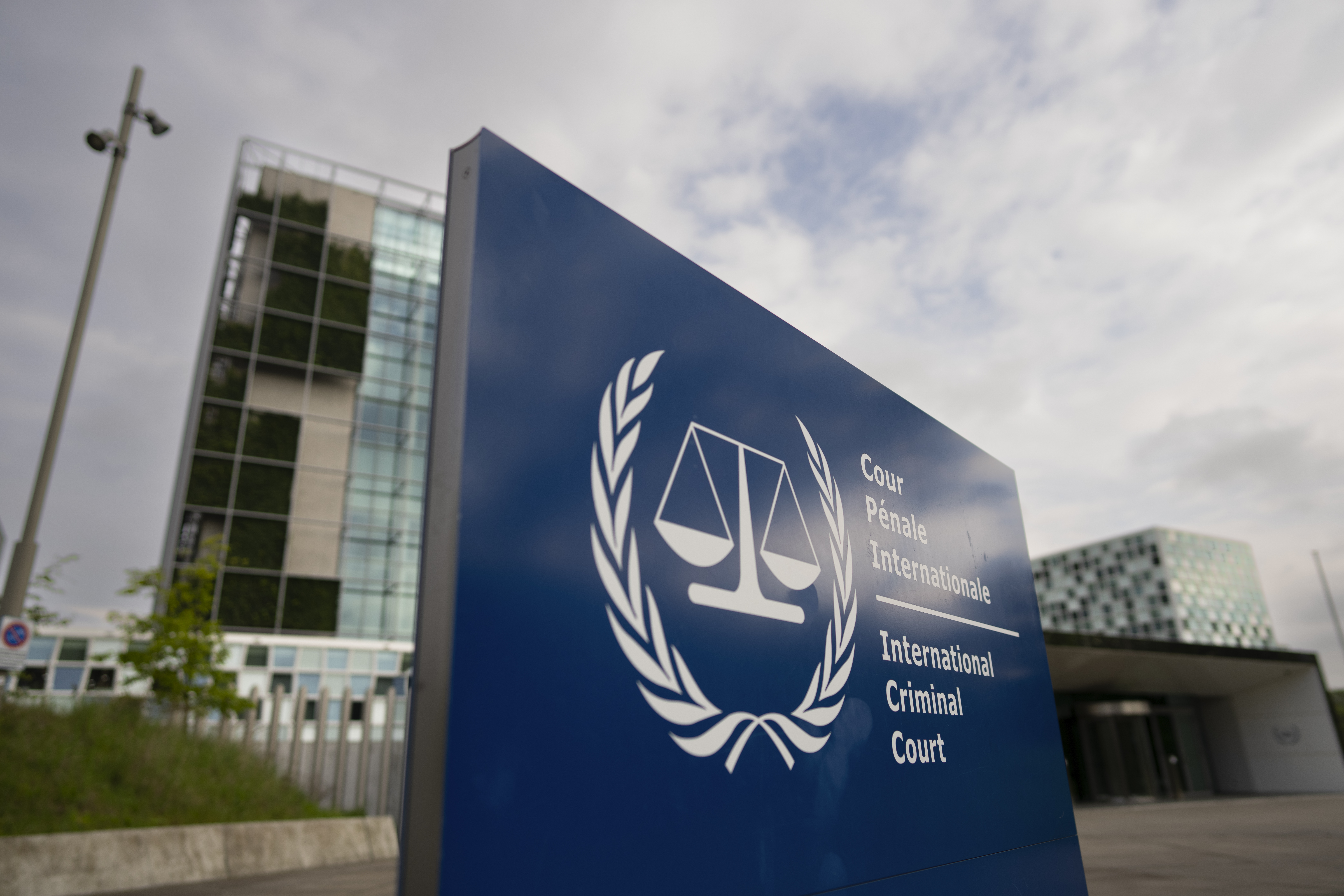Recent charges by the International Criminal Court against Israeli officials have sparked controversy, with allegations of legal overreach and selective use of data. As the U.S. imposes sanctions on ICC officials, there’s a growing call to reform or dismantle the court to prevent further misuse of power.
Ran Kivetz: Time for justice at the International Criminal Court over Israel

Key Takeaways:
- ICC Accuses Israel of War Crimes: The International Criminal Court charged Israeli leaders with using starvation as a method of warfare in Gaza.
- U.S. Implements Sanctions Against the ICC: President Trump’s executive order sanctions ICC officials who target U.S. citizens or allies.
- Data Contradicts ICC Allegations: Reports indicate Israel supplied Gaza with food exceeding U.N. dietary standards.
- ICC and U.N. Data Criticized: The ICC allegedly relied on incomplete and biased data in its accusations against Israel.
- Calls for ICC Reform or Dissolution: There are growing demands for the U.S. and its allies to take decisive action against the ICC’s alleged legal overreach.
Challenging the ICC’s Charges Against Israel
The wheels of justice may turn slowly, but they’re finally catching up with officials at the International Criminal Court after President Donald Trump signed an executive order sanctioning those who target U.S. citizens or allies. This move comes on the heels of the House-passed Illegitimate Court Counteraction Act. While the Senate didn’t pass its version of the bill, Senate Minority Leader Chuck Schumer signaled that Democrats are aligned with the president’s approach.
Examining the Accusations
The impetus for U.S. action is the ICC’s recent charges against Israel. On November 21, the ICC issued arrest warrants for Israel’s prime minister and former minister of defense, accusing them of committing “the war crime of starvation as a method of warfare” from at least October 8, 2023, to May 20. The choice of October 8 as a start date is controversial—it was one day after Israel suffered the worst genocidal assault on Jews since the Holocaust and before Israel’s military even entered Gaza.
Data Supporting Israel’s Actions
Contrary to the ICC’s allegations, data available to the court suggests that Israel facilitated significant humanitarian aid to Gaza. Using comprehensive data tracked by the Coordinator of Government Activities in the Territories (COGAT), between November 1, 2023, and May 20, an average of 2,152 tons of food was brought into Gaza daily. This supply would have provided each of the 2.1 million Gazans with 1.02 kilograms of food per day.
According to the United Nations World Food Programme, 94,000 metric tons of food are “enough to feed one million people for four months,” equating to 0.78 kilograms per person daily. Thus, using the U.N.’s own standards, the food supplied by Israel surpassed 130% of Gaza’s population daily dietary needs.
Questioning the ICC’s Data Sources
Despite these figures, the ICC and U.N. allegedly ignored the comprehensive data from COGAT, relying instead on incomplete information. The U.N. Office for the Coordination of Humanitarian Affairs admitted in an April report that their data included only aid delivered via specific land crossings and registered by representatives who were on duty. It excluded other crossings like Erez in northern Gaza and unregistered aid.
Maj. Gen. Ghassan Alian, head of COGAT, emphasized that their coordination network was established to refute unsubstantiated allegations of crossing closures and insufficient aid. COGAT’s data is reviewed by representatives from the U.S., Egypt, and the U.N., ensuring its reliability.
The Impact of False Narratives
Behavioral economics and human perception help explain the harm caused by the ICC’s accusations. Research shows that repeating a message increases the likelihood of it being perceived as true, even if implausible. Furthermore, messages framed negatively or presented with extreme visuals are more attention-grabbing and more likely to be shared.
Once false narratives against Israel were propagated, they became widely repeated, influencing public perception regardless of the facts.
The Call for International Action
America has a history of not standing idly by while allies are unjustly targeted. There’s a bipartisan understanding that if left unopposed, the ICC could curtail the West’s ability to defend itself. The U.S. has long opposed the ICC’s claims of legal jurisdiction, especially after the court authorized an investigation into alleged war crimes by U.S. troops in Afghanistan—a move curtailed by U.S. pressure.
However, U.S. sanctions alone may not suffice. The longer-term goal should be to shut down the court or fundamentally reform it. Achieving this will require intense negotiations with allied countries that fund the ICC, such as France, Canada, and the United Kingdom.
Conclusion
The ICC’s actions against Israel highlight a pressing need to address the court’s alleged misuse of power. By uniting with allies, the U.S. can lead efforts to ensure that international legal bodies uphold justice without prejudice, maintaining the integrity of international law and the ability of nations to defend themselves.











